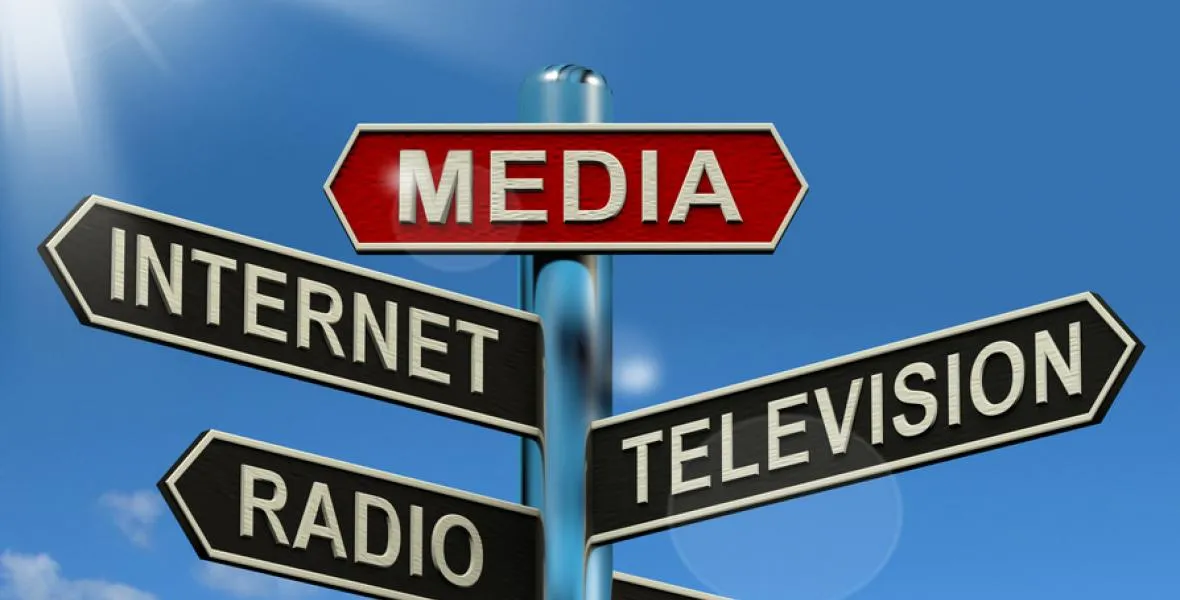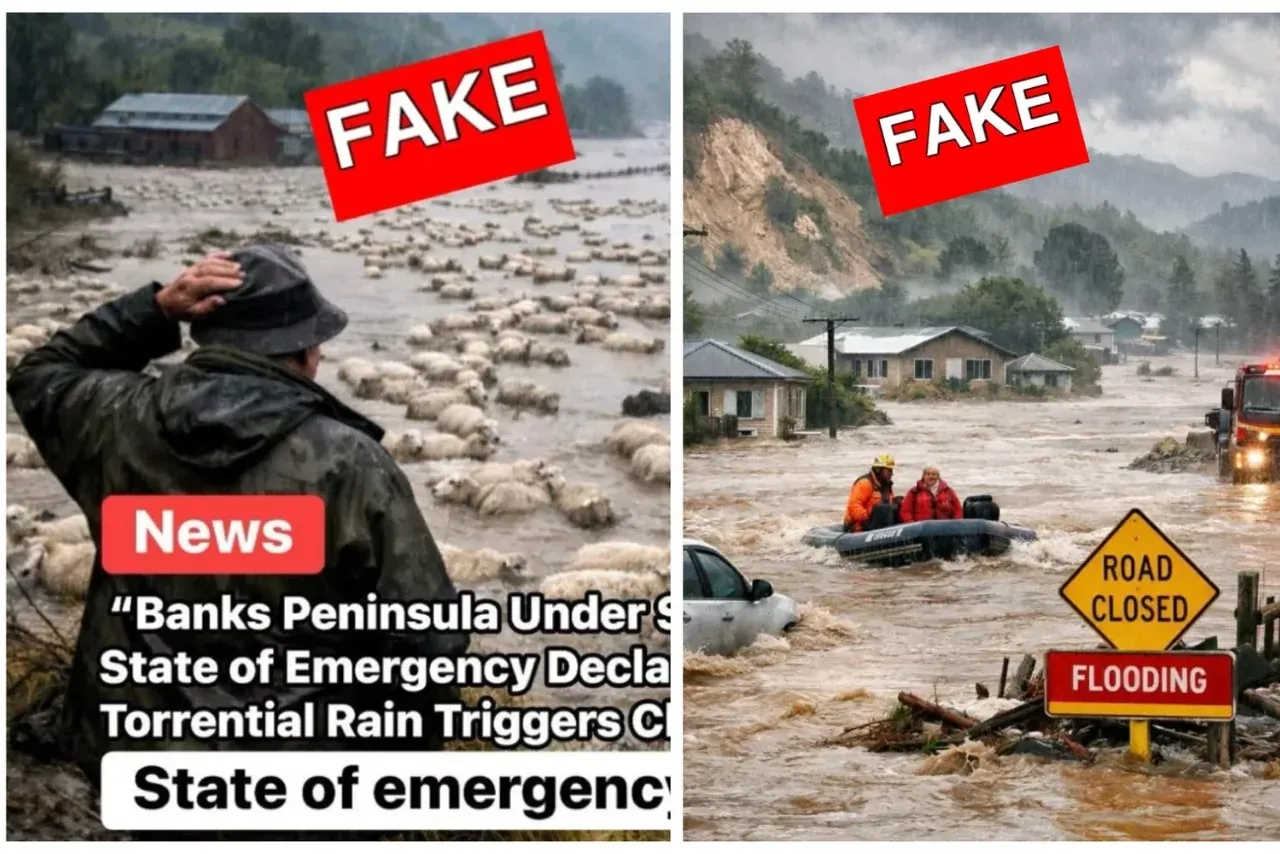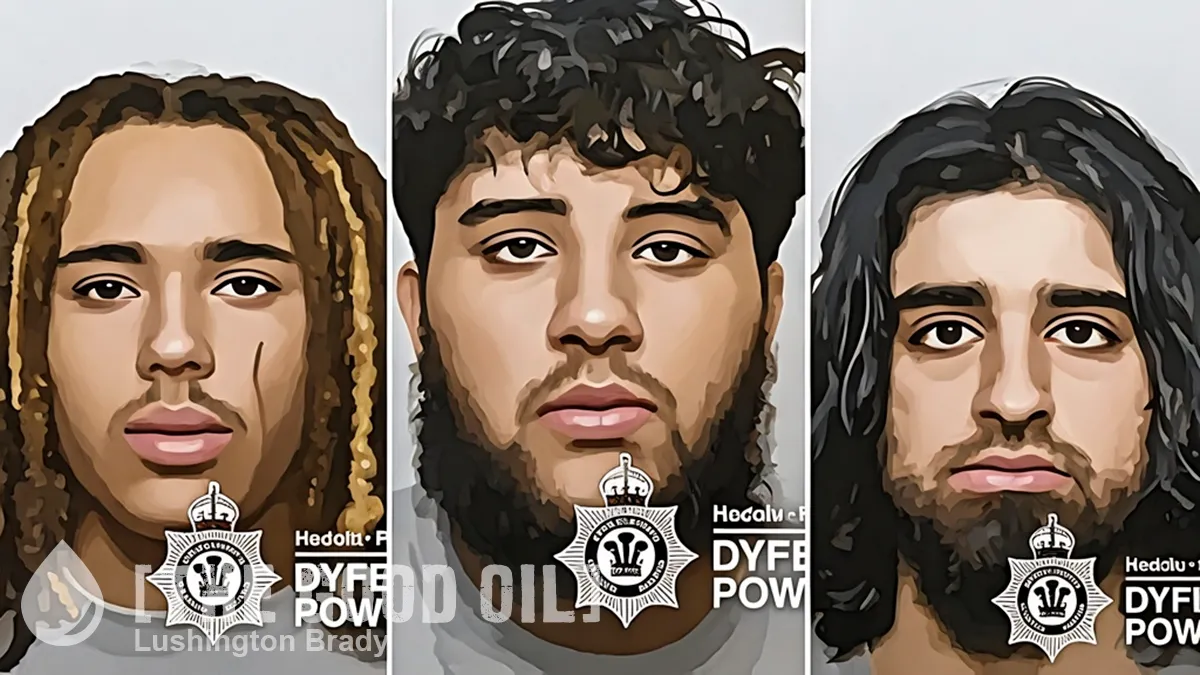Table of Contents
Alison Mau is worried that the cannabis debate will be lost in a campaign of targeted disinformation. As she is part of the media, she should know.
OPINION: Carole Cadwalladr is my new hero. If you’re at all interested in the effect of fake news on pretty much everything I cannot recommend too highly her TED talk.
Cadwalladr is not a polished public speaker, she’s a journalist, but her talk, ‘Facebook’s role in Brexit – and the threat to democracy’ is mesmerising. In 13 minutes she relays how she rumbled a trail of disinformation dressed as truth, that led straight to Cambridge Analytica’s harvesting of more than 80 million Facebook users’ data. You can feel the unease creeping up your spine as you watch.
“Vote Leave unleashed a fire hose of disinformation,” she says. Facebook ads were “total lies”. The culprits (the Vote Leave movement) only had to identify a tiny sliver of fence-sitters (the pursuadables [sic]) and then go to town on them with fake news ads that no-one else would ever see, because your Facebook news feed is targeted to you and no-one else.
In this truly disturbing unmasking of Brexit, Cadwalladr uses the phrase “once in a generation vote”.
Yes, that phrase will sound familiar to you. It’s the phrase we in New Zealand are hearing every time the 2020 referendum on the legalisation of cannabis is mentioned. And it’s not too much of a stretch to imagine a portion of New Zealand’s 2.9 million Facebook users could be the next target of a disinformation campaign ahead of that vote.
We’ve made progress towards a more compassionate system here with the passing of the Misuse of Drugs (Medicinal Cannabis) Amendment Bill in December last year, which allows some people to use cannabis products as medicine. Now we have to get our heads around the concept of legalisation of cannabis, and whether it will solve the awful societal effects of the war on drugs, or whether it will leave us in an even worse place.
Medical cannabis is a no brainer. To an extent legalising recreational cannabis is a no brainer too. The challenge, and it is a major challenge, is how to do it.
That’s a big choice. It needs to be a properly informed choice. And some who are trying to help Kiwis make that informed choice are genuinely worried about the possibility of a fake-news campaign that could leave us being anything but informed.
Agreed and on the anti-legalisation side the fake-news has been going on for literally decades with stories of users going on killing sprees while high on weed. These days the stories are more subdued, eg more kids having mental problems after cannabis was legalised in Colorado for example, but the basic lie is still the same – cannabis is such a threat to society it must not be legalised under any circumstances.
As an aside remember in primary school being told stories of hippies going blind staring at the sun after taking LSD? Yep it was fake news. It was completely made up.
I’m not pulling your leg here.The situation has become quite urgent thanks to the lack, yet, of any guidelines from the Government to give us a steer on what a legalised system could look like. This has created an information vacuum that’s being filled by arch-conservative groups like Family First who fiddle the data, and shock-jock journalism.
Mau is actually wrong here and I’ll explain why later. Basically what groups like Family First are doing is exploiting the public’s current lack of knowledge of what a legalised system is likely to look like.
In 2018 the New Zealand Drug Foundation surveyed 1000 Kiwis and found 49 per cent favoured legalisation, 48 per cent did not, and only one percent was undecided. A year on, the same survey showed a big change. Not a swing to the “yes” or “no” camp, but towards the unsure. Now 38 per cent of us believe a regulated legalised system is a better way, 45 per cent do not and a much larger 15 per cent say they do not know.
Yep. Unfortunately pushing fear, uncertainty and doubt, works.
Those latest figures tell the foundation’s executive director, Ross Bell, that “a lot of people with legitimate concerns – like parents – don’t have a home yet” in the debate. These are some of the people who wonder whether legalisation of cannabis will lead to more young people trying it, just like the conservative groups tell them it will.
I don’t mean to be mean, but anyone who parents with their eyes open will already know that 80 per cent of New Zealanders try cannabis before they turn 25. There’s no evidence internationally that more young people will access the drug in a legalised system, and anyway, there are few who have not (or will not) already, even with the drug’s current illegal status.
Despite that, these and other Kiwis are potentially susceptible to the scare tactics of the conservative groups who are also fighting against things like legalised abortion and the right to end of life choice.
“A lot of them do not find their natural home with the “no” vote, but they’re not yet ready to commit to “yes” because they don’t know what that means,” Bell told me.
He thinks Kiwis’ comfort levels will come right with more information. Also joining the “yes” side, is an increasing number of Maori, who recognise the war on drugs has caused disproportionate harm to iwi, whanau and hapu and is therefore racist.
[…]Bell says there will be some “undecideds” who won’t like seeing the debate framed by race, but the effects on Maori can’t be ignored.
The effects on Maori can’t be ignored but neither can the danger of making the entire debate based on race.
Neither can the risks of a flood of targeted disinformation from who-knows-where. Carole Cadwalladr’s TED talk is a short and easy-to-understand masterclass in how difficult it is to tell what is real and what is not. It shows Brexit and Trump were “intimately entwined.. the same people, the same companies, same data techniques.. the same use of hate and fear.”
Here Mau is showing her Trump Derangement Syndrome credentials. All Trump did was target his message. But as Mau is someone who is vehemently anti-Trump I can see why she sees such targeting as targeted disinformation.
Despite what Mau says, in a paper released in May of this year we can derive a fairly good idea of what legalised cannabis would like.
There will be a minimum age of 20. There will be controls over potency. Consumption would be limited to private homes and licensed premises. The sale would be limited to physical stores. Private cultivation would be permitted but will be subject to regulation. Importing would be allowed but only by government licensed wholesalers. No advertising will be allowed.
But getting back to the topic of targeted disinformation it’s extremely rich of Mau to complain about targeted disinformation when she is part of the very same industry that since the very start of cannabis prohibition has published without question every “reefer madness” horror story that has come its way and still continues to do so. For example, if you watched the second part of Patrick Gower’s documentary “On Weed” you’d easily be forgiven for thinking legalised recreational cannabis will mean big in your face advertising billboards, cannabis being sold in supermarkets, and people smoking it in parks.
Hypocrisy, thy name is media.









